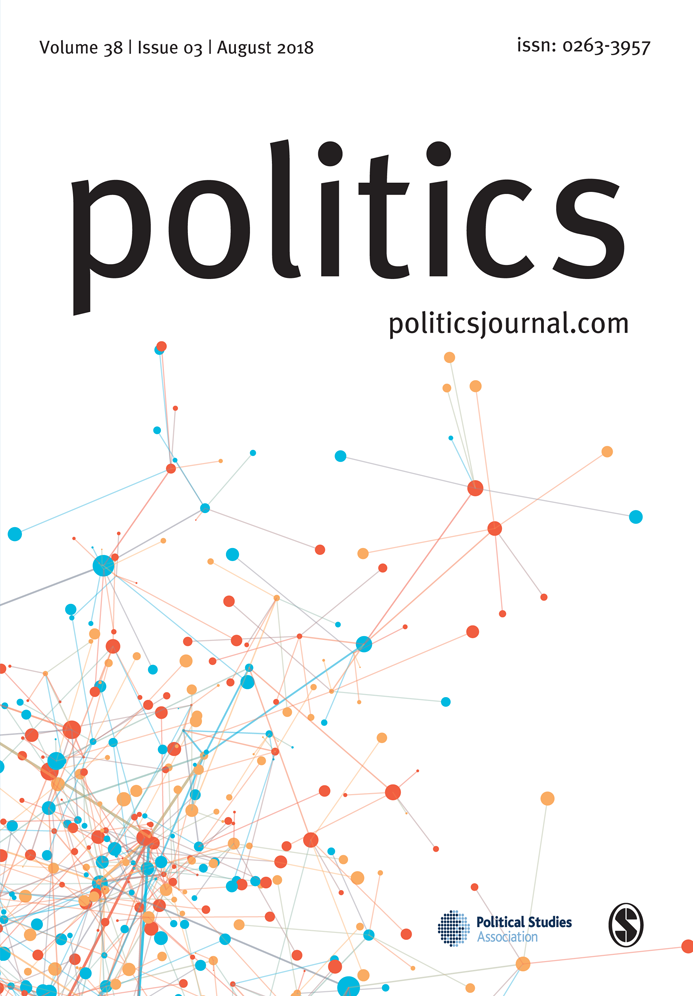.jpg&w=200&h=&zc=3)
Megjelent Metz Rudolf "The missing link: Studying political leadership from the followers’ perspective" című tanulmánya a Politics folyóiratban.
A cikk arra a gondolatra és erősődő felhívásra reflektál, hogy „nincsenek vezetők követők nélkül, de tovább lépve, nem érthető meg a vezetés a követés megértése nélkül.” (Fiorina és Shepsle, 1989:36)
A probléma viszont az, hogy a politikatudomány (a politikai vezetéskutatástól és a perszonalizáció irodalmáig) nem rendelkezik olyan konceptuális és módszertani eszközökkel, amelyekkel képes lenne megérteni és elemezni, hogy miért és hogyan követik az állampolgárok vezetőiket és milyen szerepet játszik ez a kapcsolat a perszonalizált politikában. A tanulmány ezt a szakirodalmi hiányosságot kívánja orvosolni a vezetéskutatáshoz fordulva segítségért és ezért bevezeti az úgynevezet követőközpontú vezetés modelleket a politikatudomány területére. Ezek modellek és empirikus eredményeik azt vizsgálják, hogy miként ruházzák fel a követők vezetőiket a vezetés képességével. E modellek alapján a cikk egy kiegyensúlyozott perspektívát kínál a vezető-követő kapcsolatáról.
A tanulmány fő üzenete szerint a politikai vezetés folyamatát a követők perspektívájának bevonásával tudjuk megérteni a legteljesebben, amelyhez a vezetéskutatás rendelkezik a kellő konceptuális és módszertani eszköztárral.

Összefoglaló
"Recent political developments suggest that political followership has played increasingly vital roles in modern democratic politics. However, scholarship seemingly lacks proper conceptual and methodological tools for analysing why and how citizens follow their leaders, and what the role of this relationship is in personalised politics and political leadership. Addressing the research gap, this article turns to generic leadership studies for help and introduces its follower-centric models into the field of political science. This venture opens with a review and comparison of some of the different perspectives about political followers in the scholarship on political leadership and personalisation, taking account of their limitations. It then moves on to assess follower-centric models and their empirical results, focusing on observers’ perceptions about the characteristics and behaviours of leaders in the attribution of leadership. Based on these models, the article offers a balanced perspective about leader–follower relations. Recommendations for future research directions are presented in the concluding sections."
Metz R (2021) The missing link: Studying political leadership from the followers’ perspective. Politics. SAGE PublicationsSage UK: London, England. DOI: 10.1177/02633957211056227.


